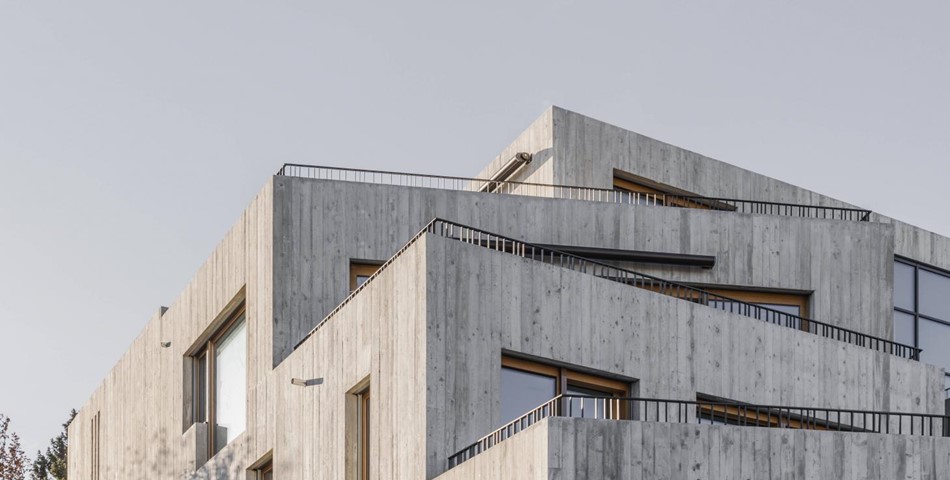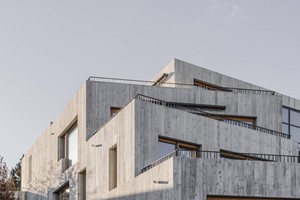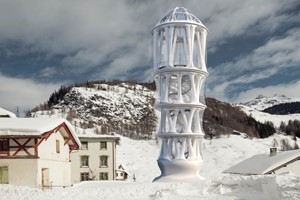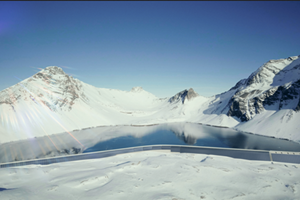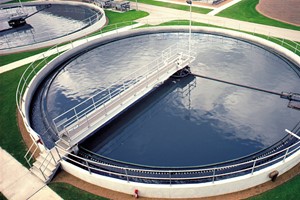The Construction Industry in Switzerland is Expected to Grow by 14.9% to Reach EUR 34,316 million in 2022
According to ConsTrack360's Q4 2021 Global Construction Survey, construction industry in Switzerland is expected to grow by 14.9% to reach EUR 34,316 million in 2022.
Despite near-term challenges in certain construction sectors, medium to long term growth story in Switzerland remains intact. The construction industry in Switzerland is expected to grow steadily over the next four quarters. The growth momentum is expected to continue over the forecast period, recording a CAGR of 8.5% during 2022-2026. The construction output in the country is expected to reach EUR 47,524.4 million by 2026.
This report from ConsTrack360 provides data and trend analyses on construction industry in Switzerland, with over 100 KPIs. This is a data-centric report and it provides trend analyses with over 140+ charts and 110+ tables. It details market size & forecast, emerging trends, market opportunities, and investment risks in over 40 segments in residential, commercial, industrial, institutional, and infrastructure construction sectors.
Cascading terraces define this concrete apartment building in Basel
A minimalist concrete apartment building in Switzerland features cascading terraces to a design by architects KohlerStraumann
KohlerStraumann has created a monolithic but minimalist concrete apartment building in Binningen, a residential neighborhood to the south of Basel, Switzerland. The new structure is set into a hillside, giving all the seven apartments a panoramic view of the city. At street level, at the top of the site, the block is only two stories in height.
This rigorous façade is given a strong vertical treatment with exposed shuttered concrete walls, tall windows, and starkly simple detailing.
The apartments step down the hillside, fanning out from a central staircase. This arrangement creates space for private balconies at every level. The properties surrounding the site were mostly single-family houses, so the architectural approach avoided a monolithic apartment building in favor of a more fragmented, angular plan.
Depending on the angle, the Hasenrainstrasse development appears to morph from a row of modest houses into a large, stepped block of terraces.
During the design process, the site was extended, allowing for seven units to be integrated where previously there had been two houses. The hillside had to be comprehensively excavated in order to fit all the necessary functions and facilities, a process that took five months.
The basement level – which houses a parking garage accessed by a car elevator – is 15m below ground level, with a dramatically lit concrete staircase at its heart.
The building is arranged around a central stair core, with a wall of glass providing expanding views as one climb. The lowest residential level is occupied by a large garden apartment, with three apartments flanking each side of the stair core.
The asymmetric, varied floorplans ensure each apartment has a completely different layout. The orientation and outlook also create a strong sense of privacy for every unit.
While the stair core is finished with the same shuttered concrete as the façades, the apartments have white walls and stone floors, with the occasional exposed concrete ceiling.
KohlerStraumann incorporated a number of different kitchen designs, changing the use of materials to maintain the sense of difference and variety in the apartments.
Aaron Kohler and Marc Straumann have worked together for almost 20 years.
The young architecture office is based in Basel, developing projects with a strong use of monolithic materials and striking forms
By Jonathan Bell




